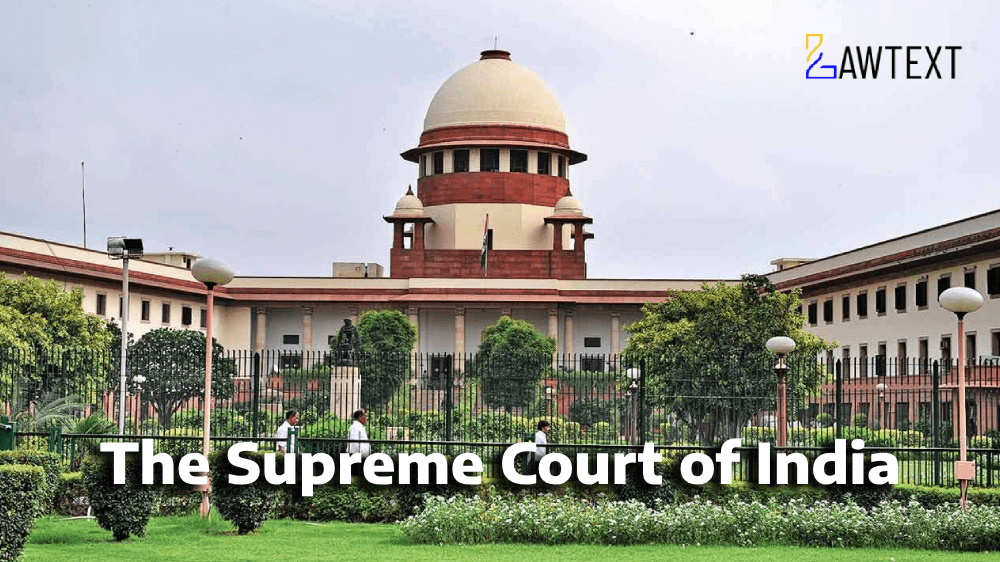Supreme Court Dismisses Appeal in Madhya Pradesh Murder Case. Analysis of Evidence Leads to Upholding Acquittal for Lack of Credible Testimony

CASE NOTE & SUMMARY
Key Facts and Headings:
-
Background of the Case
- Incident: On October 1, 1996, the accused allegedly killed Naseem Khan with weapons near a village well. Initially, the trial court convicted them based on testimonies, especially from the victim’s brothers and mother.
- Trial Court Verdict: Life imprisonment and a fine of ₹35,000 imposed on the accused.
-
Appeal and High Court Judgment
- The High Court found the witnesses' testimonies inconsistent, overturning the conviction due to lack of reliable evidence and serious omissions in witness statements.
-
Supreme Court Appeal Analysis
- Supreme Court’s Examination: The Supreme Court assessed if the High Court’s acquittal contained any legal errors or was based on an unreasonable evaluation of evidence.
- Key Findings: Testimonies from family members were inconsistent, especially concerning alleged dying declarations and the events leading to the murder.
-
Important Legal Principles
- Credibility of Evidence: The Court underscored that conviction must be beyond reasonable doubt, relying on credible evidence.
- Scope of FIR: The FIR is not a detailed document but a trigger for investigation; its content can only support or contradict testimonies.
-
Judicial Precedents Considered
- The Court referenced cases like Dharma Rama Bhagare v. State of Maharashtra, emphasizing that discrepancies in evidence, if substantial, warrant an acquittal.
-
Supreme Court’s Conclusion
- Acquittal Sustained: The Court affirmed that the High Court's acquittal was a possible reasonable view, not requiring further interference.
Legal Provisions Discussed
- Sections 302 & 34 of the Indian Penal Code (IPC): Addressing murder and common intention.
- Sections 157 & 145 of the Evidence Act: Discussing corroborative and contradictory use of FIR content.
- Section 374 of the Code of Criminal Procedure (Cr.P.C.): Governing appeals in cases of conviction.
Ratio Decidendi:
The Court reiterated the principle that evidence should unequivocally establish guilt beyond reasonable doubt for a conviction, particularly in cases involving serious charges like murder. The reliance on testimonies with inconsistencies and unsupported claims of dying declarations justified the benefit of doubt given by the High Court.
Subjects:
Criminal Law, Evidence
Acquittal, Murder Case, Indian Penal Code, Evidence Analysis, Criminal Appeal
ISSUE OF CONSIDERATION
The State of Madhya Pradesh Versus Ramjan Khan & Ors.
Citation: 2024 LawText (SC) (10) 250
Case Number: Criminal Appeal No. 2129 of 2014
Date of Decision: 2024-10-25
Case Title: The State of Madhya Pradesh Versus Ramjan Khan & Ors.
Before Judge: (C.T. Ravikumar J. , Sudhanshu Dhulia)
Appellant: The State of Madhya Pradesh
Respondent: Ramjan Khan & Ors.

